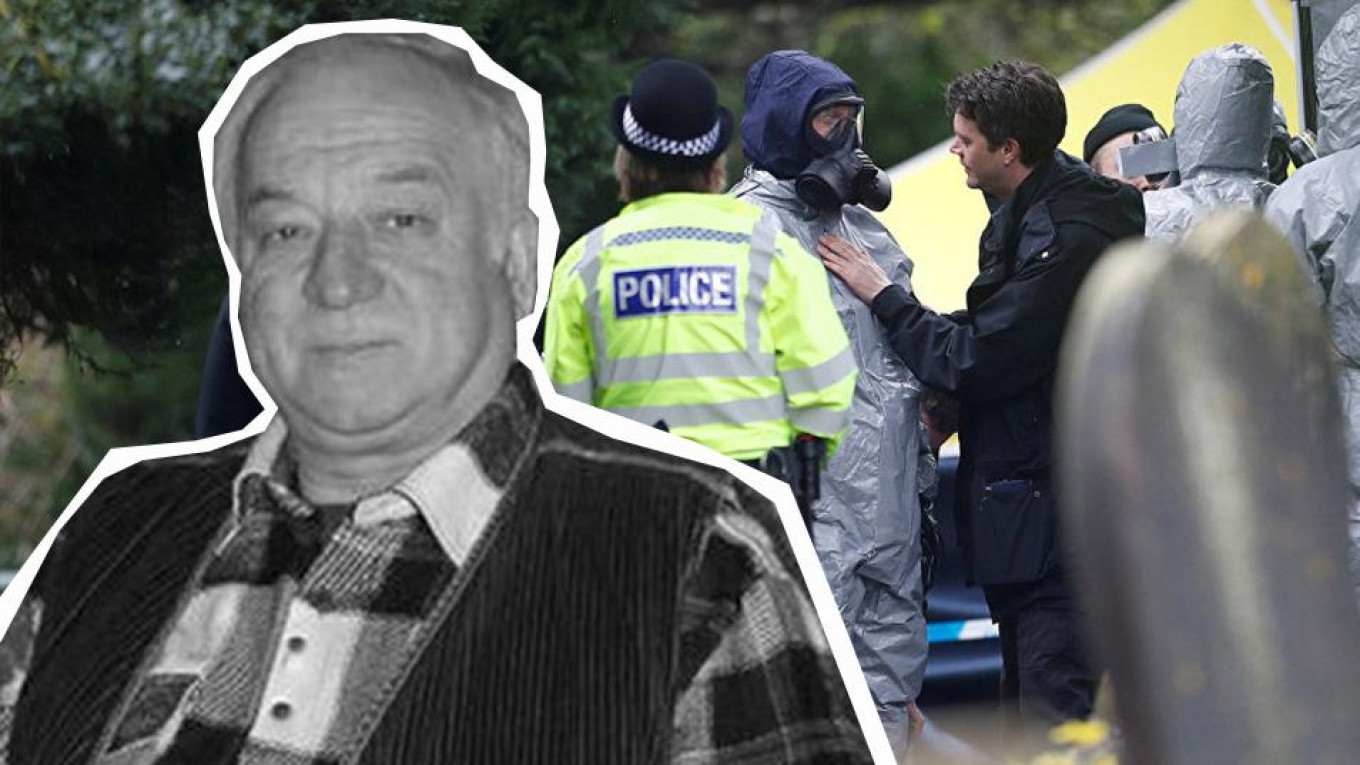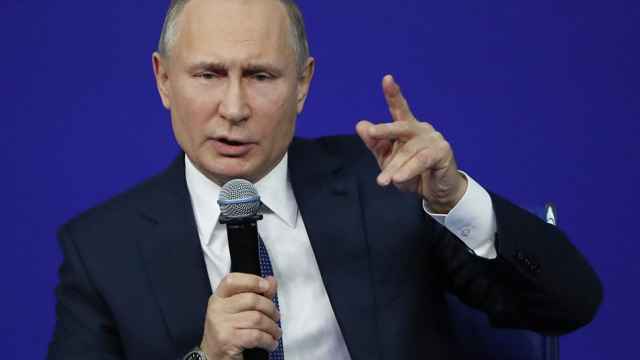Sergei Skripal, a former Russian spy who was poisoned by a nerve agent in Britain more than two months ago, has been discharged from the hospital, England's health service said on Friday.
Sergei Skripal, 66, a former colonel in Russia's military intelligence who betrayed dozens of agents to Britain, and his daughter Yulia were found unconscious on a public bench in the southern English city of Salisbury on March 4.
Britain has accused Russia of being behind the nerve agent attack and Western governments including the United States have expelled over 100 Russian diplomats. Russia has denied any involvement in the poisoning and has retaliated in kind.
The Skripals were in a critical condition for weeks and doctors at one point feared that, even if they survived, they might have suffered brain damage. But their health began to improve rapidly, and Yulia was discharged last month.
"It is fantastic news that Sergei Skripal is well enough to leave Salisbury District Hospital," the hospital's Chief Executive Cara Charles-Barks said in a statement.
Britain and international chemicals weapons inspectors have said the Skripals were poisoned with Novichok, a deadly group of nerve agents developed by the Soviet military in the 1970s and 1980s.
Russia has denied Britain's charges of involvement in the first known offensive use of such a nerve agent on European soil since World War Two. It has suggested Britain carried out the attack itself to stoke anti-Russian hysteria.
A Message from The Moscow Times:
Dear readers,
We are facing unprecedented challenges. Russia's Prosecutor General's Office has designated The Moscow Times as an "undesirable" organization, criminalizing our work and putting our staff at risk of prosecution. This follows our earlier unjust labeling as a "foreign agent."
These actions are direct attempts to silence independent journalism in Russia. The authorities claim our work "discredits the decisions of the Russian leadership." We see things differently: we strive to provide accurate, unbiased reporting on Russia.
We, the journalists of The Moscow Times, refuse to be silenced. But to continue our work, we need your help.
Your support, no matter how small, makes a world of difference. If you can, please support us monthly starting from just $2. It's quick to set up, and every contribution makes a significant impact.
By supporting The Moscow Times, you're defending open, independent journalism in the face of repression. Thank you for standing with us.
Remind me later.






